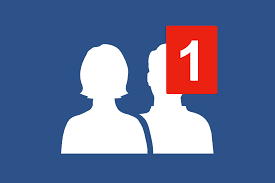Prune
Pruning some “friends” and adding a few motivational or funny sites is likely to decrease the negative effects of social media.
- Information about the lives of Facebook friends affects people more negatively than other content on Facebook.
- People whose social media included inspirational stories experienced gratitude, vitality, and awe.
232
1.22K reads
CURATED FROM
IDEAS CURATED BY
The idea is part of this collection:
Learn more about mentalhealth with this collection
How to manage digital distractions
The impact of technology on mental health
The importance of setting boundaries
Related collections
Similar ideas to Prune
Research on why content goes viral
- YouTube videos that contained elicitors of hope were more likely to be viewed.
- On Facebook, depictions of nature, vastness, art, and gratitude in the form of thankfulness, predicted how many likes it received. The more inspiring e...
Read & Learn
20x Faster
without
deepstash
with
deepstash
with
deepstash
Personalized microlearning
—
100+ Learning Journeys
—
Access to 200,000+ ideas
—
Access to the mobile app
—
Unlimited idea saving
—
—
Unlimited history
—
—
Unlimited listening to ideas
—
—
Downloading & offline access
—
—
Supercharge your mind with one idea per day
Enter your email and spend 1 minute every day to learn something new.
I agree to receive email updates
